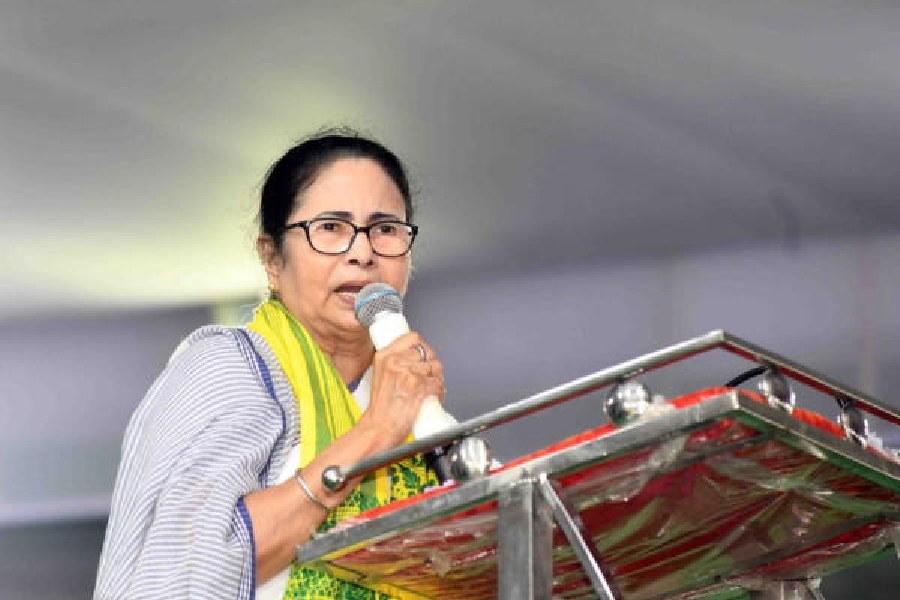Was the bard wrong? After all, Indian politics has revealed that a lot rides on names or, to be precise, prefixes. West Bengal has found itself among the states — Tamil Nadu, Odisha, Bihar, Delhi and Kerala being the others — that have refused to enrol for a scheme called the PM Schools for Rising India. Their objection, it appears, is tied to a particular condition. If a state wants to avail of Central funds to upgrade government schools under the PM-SHRI initiative, it would, the Centre has ruled, have to add the prefix, PM-SHRI, to the names of these educational institutions. The grouse of these six states is not without merit. The initiative, which seeks to upgrade state government schools so that they can mentor other neighbourhood institutions, requires the states to cough up 40% of the cost. Moreover, the states — not the Centre — would be expected to bear the full expenses after a certain period of time. It, therefore, stands to reason that ‘PM-SHRI’ should not hog the limelight: the contribution of the states must be acknowledged too in some form. Incidentally, this is not the only welfare programme that has seen the Centre lock horns with Opposition-ruled states concerning nomenclature. Odisha and Bengal have been battling the Centre when it comes to sharing the credit for houses built under the PM Awas Yojana. The states — they are sharing the costs of the programme — have pasted their own logos next to that of the Centre in this instance, riling New Delhi.
All of this would have been mildly comical had it not been for the deleterious impact that competitive populism is having on India’s federal framework. It is understandable that competing political parties would like to communicate their role in public welfare to the electorate. But this communication — normal in an electoral democracy — cannot be turned into an ugly tussle that adversely affects the people. Unfortunately, New India is being plagued by several such conflicts. For instance, the Bengal government complains that the Centre has made it difficult for the state to obtain Central funds for the Mahatma Gandhi National Rural Employment Guarantee Act. The Centre has argued that the programme is mired in irregularities. The deadlock — unknown in states with ‘double engine’ governments — has exacerbated the suffering of the people. The constitutional vision had envisioned development to be a collaborative enterprise between Centre and states. Political rivalry and populism seem to have smeared that vision.










